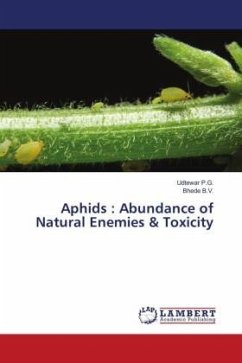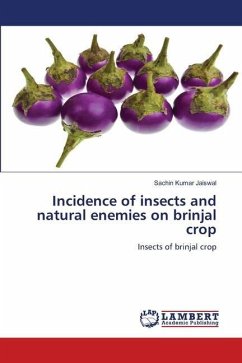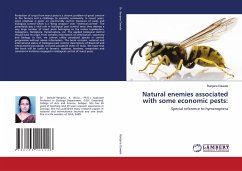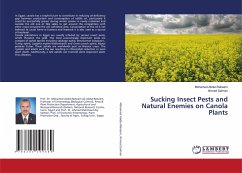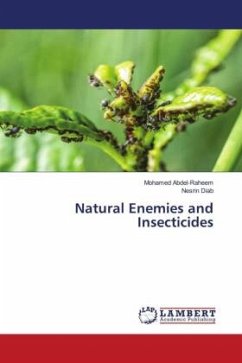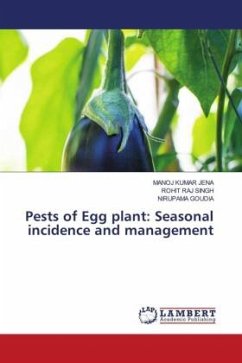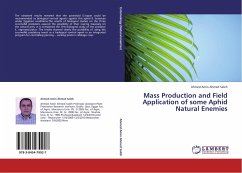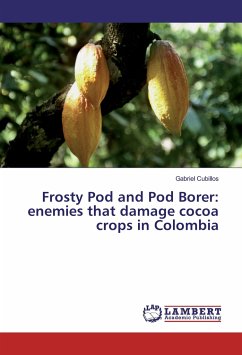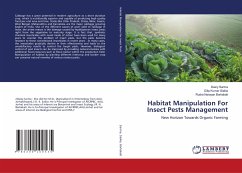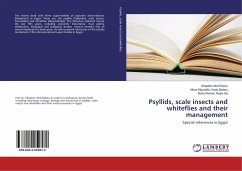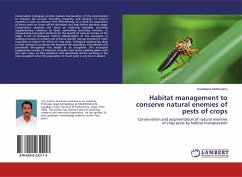
Habitat management to conserve natural enemies of pests of crops
Conservation and augmentation of natural enemies of crop pests by habitat manipulation
Versandkostenfrei!
Versandfertig in 6-10 Tagen
27,99 €
inkl. MwSt.

PAYBACK Punkte
14 °P sammeln!
Conservation biological control involves manipulation of the environment to enhance the survival, fecundity, longevity, and behavior of natural enemies in order to enhance their effectiveness, as a result the population of insect pests on crops will be minimized and kept below alarming stage. Conservation practices can focus on reducing mortality, providing supplementary resources as food, controlling secondary enemies, or manipulating host plant attributes to the benefit of natural enemies of the major forms of biological control. Manipulation of the ecosystem or existing practices to protect...
Conservation biological control involves manipulation of the environment to enhance the survival, fecundity, longevity, and behavior of natural enemies in order to enhance their effectiveness, as a result the population of insect pests on crops will be minimized and kept below alarming stage. Conservation practices can focus on reducing mortality, providing supplementary resources as food, controlling secondary enemies, or manipulating host plant attributes to the benefit of natural enemies of the major forms of biological control. Manipulation of the ecosystem or existing practices to protect and enhance specific natural enemies of other organisms to reduce the effect of crop pests. Ecological engineering plays a novel concept to conserve and augment the population of predators and parasitoids throughout the season in an ecosystem. The ecological engineering consists of adoption of pollen and nectar yielding plants with the main crops, so that predators and parasitoids will be surviving in the crop ecosystem when the population of insect pests is very low or absent.



